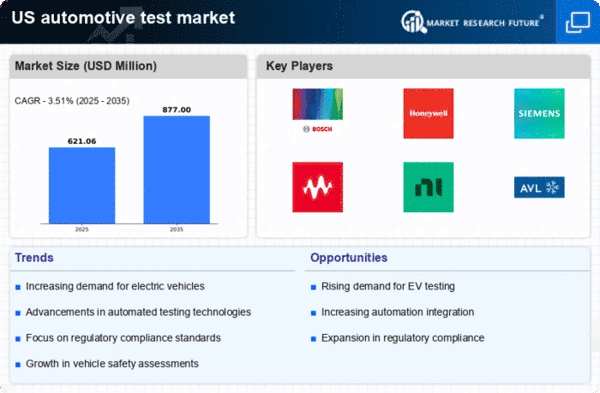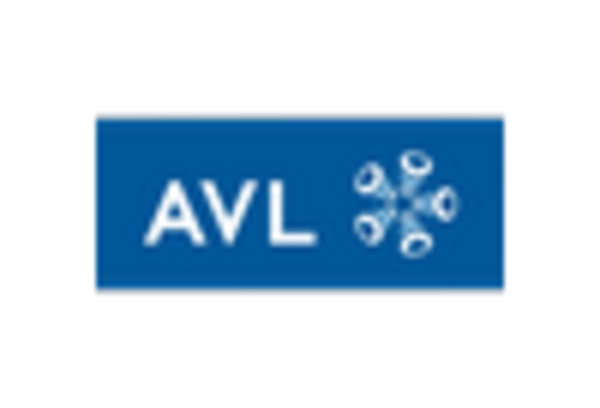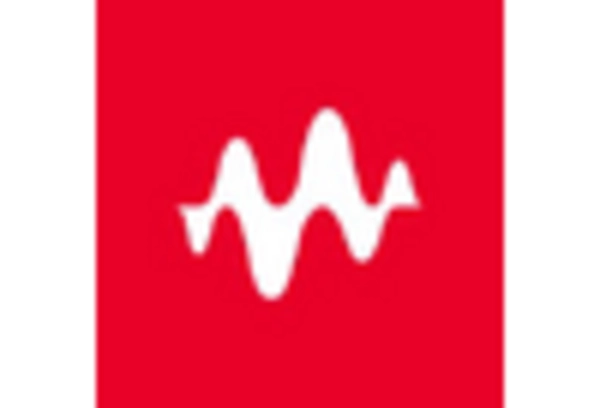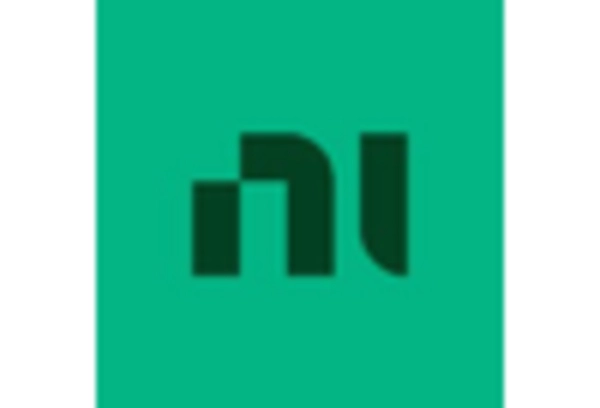Rising Vehicle Complexity
The automotive test-equipment market is experiencing growth due to the increasing complexity of modern vehicles. As vehicles incorporate advanced technologies such as electric drivetrains, autonomous systems, and sophisticated infotainment features, the demand for specialized testing equipment rises. This complexity necessitates rigorous testing to ensure safety, performance, and compliance with industry standards. In 2025, the market for automotive test equipment is projected to reach approximately $3 billion, reflecting a compound annual growth rate (CAGR) of around 5%. This trend indicates that manufacturers are investing heavily in testing solutions to keep pace with technological advancements, thereby driving the automotive test-equipment market.
Emergence of Electric Vehicles
The shift towards electric vehicles (EVs) is reshaping the automotive landscape, thereby impacting the automotive test-equipment market. As manufacturers transition to EV production, they require specialized testing equipment to evaluate battery performance, charging systems, and electric drivetrains. This transition is not merely a trend but a fundamental change in the industry, with EV sales projected to account for over 30% of total vehicle sales in the US by 2030. Consequently, the automotive test-equipment market is likely to expand as companies seek innovative testing solutions tailored for electric vehicles, potentially increasing market value to $4 billion by 2026.
Increased Focus on Safety Standards
Safety remains a paramount concern in the automotive industry, significantly influencing the automotive test-equipment market. With stringent regulations imposed by authorities, manufacturers are compelled to adopt comprehensive testing protocols to ensure vehicle safety. The National Highway Traffic Safety Administration (NHTSA) has established rigorous testing requirements, which necessitate the use of advanced test equipment. As a result, the market is expected to grow as companies invest in state-of-the-art testing solutions to meet these safety standards. In 2025, the automotive test-equipment market is anticipated to witness a surge in demand, potentially reaching $3.5 billion, driven by the need for compliance and enhanced safety measures.
Growing Demand for Connected Vehicles
The rise of connected vehicles is transforming the automotive sector, significantly influencing the automotive test-equipment market. As vehicles become increasingly integrated with internet connectivity and smart technologies, the need for comprehensive testing solutions escalates. Manufacturers must ensure that connectivity features function seamlessly and securely, which requires sophisticated testing equipment. The automotive test-equipment market is expected to benefit from this trend, with projections indicating a potential market size of $4.2 billion by 2026. This growth is driven by the necessity for rigorous testing to address cybersecurity concerns and ensure the reliability of connected vehicle systems.
Integration of Advanced Driver Assistance Systems (ADAS)
The integration of Advanced Driver Assistance Systems (ADAS) is a significant driver for the automotive test-equipment market. As vehicles increasingly incorporate features such as lane-keeping assistance, adaptive cruise control, and automated parking, the need for precise testing becomes critical. These systems require extensive validation to ensure reliability and safety, leading to heightened demand for specialized testing equipment. The automotive test-equipment market is projected to grow as manufacturers invest in advanced testing solutions to support the development and deployment of ADAS technologies. By 2025, the market could reach approximately $3.8 billion, reflecting the industry's commitment to enhancing vehicle safety and performance.
















